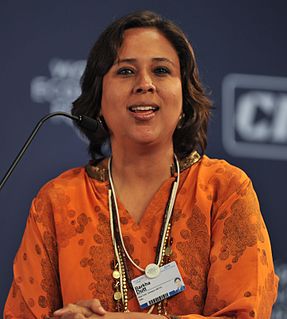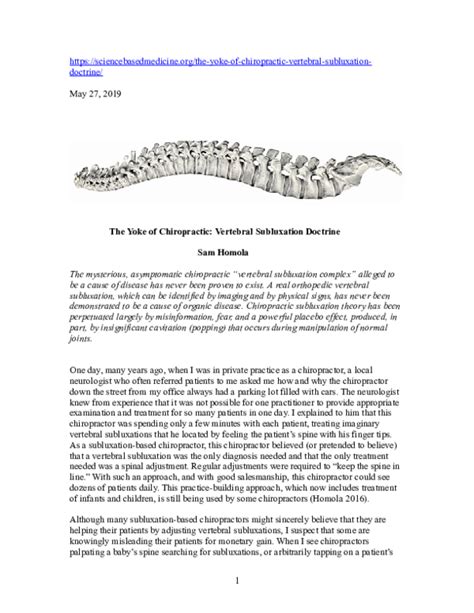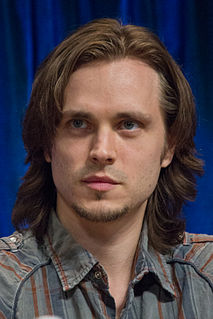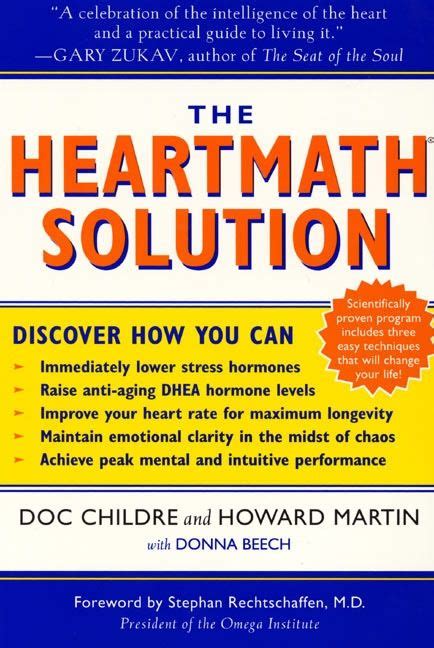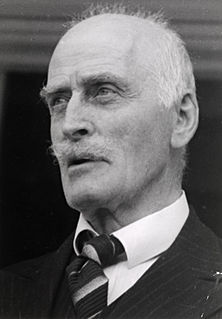A Quote by Barkha Dutt
Neither scientific laboratories nor excavation expeditions can unravel the human need to believe in a greater truth, a truth strangely made all the more grand and mysterious by the absence of empirical evidence.
Related Quotes
I am neither Jew nor Gentile, Mohammedan nor Theist; I am but a member of the human family, and would accept of truth by whomsoever offered -- that truth which we can all find, if we will but seek in things, not in words; in nature, not in human imagination; in our own hearts, not in temples made with hands.
Truth is not over there, wherever over there is. Truth is neither housed in religious rituals nor secret doctrines, nor in a guru's touch or beatific smile, nor in exotic locations or ancient temples. Truth is quite literally the only thing that does exist. It is not hidden but in plain view, not lacking but abundantly present.
Truth indeed is sacred; but, as Pilate said, "What is truth?" Show us the undoubted infallible criterion of absolute truth, and we will hold it as a sacred inviolable thing. But in the absence of that infallible criterion, we have all an equal right to grope about in our search of it, and no body and no school nor clique must be allowed to set up a standard of orthodoxy which shall bar the freedom of scientific inquiry.
The need for truth is not constant; no more than is the need for repose. An idea which is a distortion may have a greater intellectual thrust than the truth; it may better serve the needs of the spirit, which vary. The truth is balance, but the opposite of truth, which is unbalance, may not be a lie.
Neither logic nor scientific evidence supports such a belief. Although spinal manipulation can relieve certain types of back pain, neck pain, and other musculoskeletal symptoms, there is no scientific evidence that it can restore or maintain health. As a result of expressing my opinion on this subject, I have been called a chiropractic heretic.
Learning how to access a continuity of common sense can be one of your most efficient accomplishments in this decade. Can you imagine "common sense" surpassing science and technology in the quest to unravel the human stress mess? In time, society will have a new measure for confirming truth. It's inside the people-not at the mercy of current scientific methodology. Let scientists facilitate discovery, but not invent your inner truth.
an Autobiography is the truest of all books; for while it inevitably consists mainly of extinctions of the truth, shirkings of the truth, partial revealments of the truth, with hardly an instance of plain straight truth, the remorseless truth is there, between the lines, where the author-cat is raking dust upon it which hides from the disinterested spectator neither it nor its smell... the result being that the reader knows the author in spite of his wily diligences.
No government has the right to decide on the truth of scientific principles, nor to prescribe in any way the character of the questions investigated. Neither may a government determine the aesthetic value of artistic creations, nor limit the forms of literacy or artistic expression. Nor should it pronounce on the validity of economic, historic, religious, or philosophical doctrines. Instead it has a duty to its citizens to maintain the freedom, to let those citizens contribute to the further adventure and the development of the human race.
The closer we are to God, to divine attributes - such as absolute truth, goodness, and beauty - the more we wonder. When we separate ourselves from truth, goodness, and beauty, we lose wonder and become cynical. The Enlightenment was basically the narrowing of our vision to a purely scientific, empirical, rationalistic worldview, screwing down the manhole covers on us so we became squinting underground creatures.
